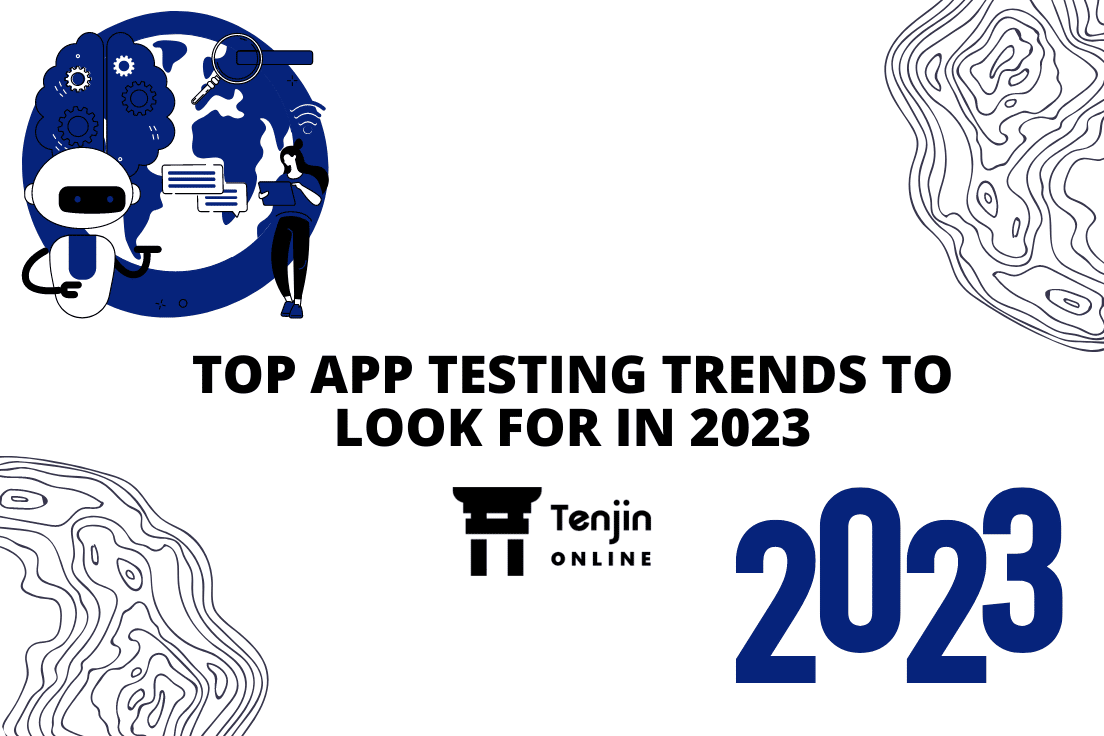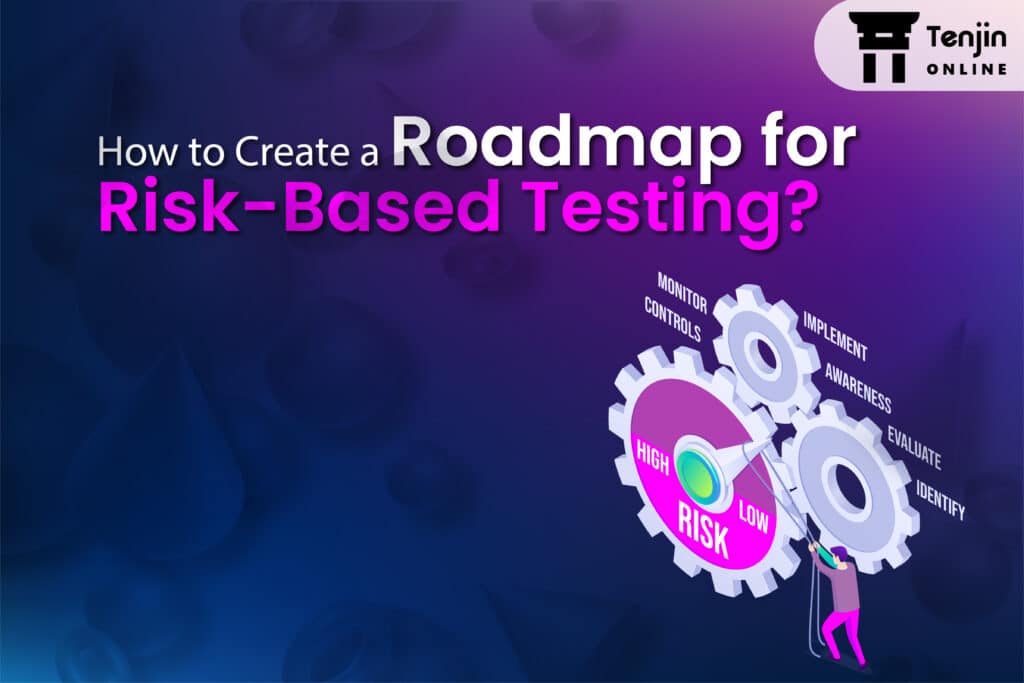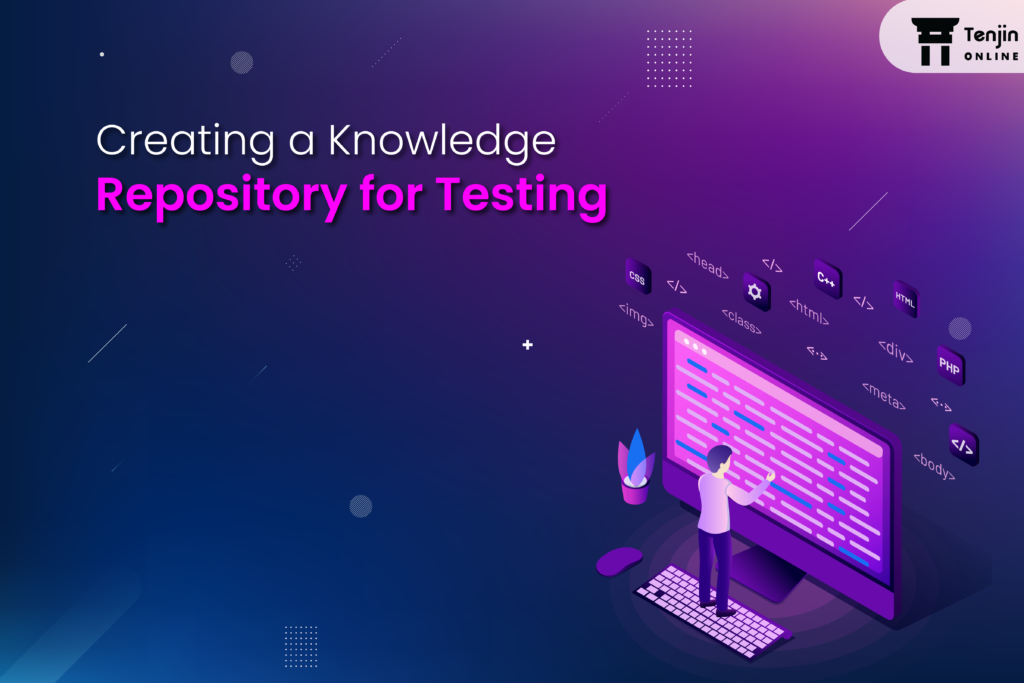
Test automation is a significant part of the entire app development process that has evolved from being a mere bug identification activity to helping organizations achieving their business goals. It reduces development cycle, speeds up delivery, and maintains the quality. Organizations are implementing new test automation processes and upgrading the existing ones to streamline the process, optimize time-to-market, improve ROI metrics, automate manual regressions, maximize team productivity, and improve resource utilization.
According to a report, the test automation market alone will reach a size of about $50 billion by 2026. With this huge potential it withholds and the advanced development technologies making their presence, the test automation market will witness the introduction of new trends and upgrades in the existing trends. With this massive surge in the test automation market, the coming year, 2023, is all set to receive major advances. Let’s take a look at the different app testing approach that will dominate in the coming year.
App Testing Trends of 2023
With the rise in app culture, testing them has become the focus for all the organizations, which will remain prevalent in the year 2023 too. Here’s a quick guide on the top test automation trends that will be seen predominantly in 2023.
Codeless automation: Codeless test automation has revolutionized the software testing industry and will continue to remain on the top of the list in 2023 too. It significantly reduces the time, cost, and effort that goes in writing and running test scripts. It can help organizations to reduce the manual regression burden without human intervention. As the name suggests codeless test automation process is the testing process that can be executed without the need of writing a code. This approach is helping industries to reduce time-to-market, increase efficiency, and improve the ROI metric.
Smart Test Execution: Smart test execution eases the process of creating tests for each build by scanning through the application for checking for any code change. It is integrated in the CI/CD pipeline by continuously testing in real-time.
Testing centre of excellence: TCoE is a testing platform that standardizes the testing process with centralized approach and optimal utilization of resources. This setup helps organizations achieve their quality goals and prioritize their testing innovation.
Hyperautomation testing: Hyperautomation is the test automation technique that includes combination of intelligent technologies like artificial intelligence, machine learning, RPA, etc., here, the automation is performed by bots that eliminates human errors and streamlines the process.
DevTestOps: DevTestOps is the methodology that involves DevOps and continuous testing. This process involves developers, testers, and operational professionals working alongside to deliver quality at speed. Here, testing is a part of the development process and continuous testing is implemented to ensure the quality of the app is improved.
Observability: Observability is an important process of the app QA where the system’s current state is measured based on the generated data and metrics. The aim of observability is to understand what is happening in the dev environment and give and detect any defect in real-time and resolve it to ensure quality.
Crowd testing: Crowdsourced testing or crowd testing is a modern testing approach that involves human skills and advanced methodologies to resolve the quality challenges. Here, testing activities are assigned to a temporary workforce of individual testers. This temporary community will quickly and efficiently test the application, also testing it from a user perspective.
Cloud-based Cross Browser Testing: Testing the web app behavior in different browser environment is essential to cater to wider audience base using different browsers. Cloud-based cross browser testing provides access to a wide range of browsers available on Cloud to test the application. This approach saves immense time and cost.
Continuous Testing: In the modern DevOps environment, multiple, simultaneous integrations along with continuous delivery pipeline are prime focus. To support the continuous integration and continuous delivery process, continuous testing should be implemented to ensure quality.
AI-driven testing: Organizations are leveraging the power of AI (artificial intelligence) and ML (machine learning) to reduce the complexity and tedious software testing processes. AI leverages the power of machines to achieve greater efficiency in reduced time, cost, and effort.
IoT and big data testing: IoT or internet of things is an ecosystem of numerable physical devices which are connected over internet and communicate with each other in real-time without human interference. IoT is a complex system that cannot afford to go wrong; hence, testing of it becomes extremely important. IoT testing hold a major significance and will become prominent in the coming years as the technology advances.
QAOps: QAOps is a methodology that combines quality assurance, IT, and development to deliver high-quality apps. It is the latest trend in software development process to improve the quality of applications and offer seamless user experience.
Conclusion
The year 2023 is going to witness many interesting trends at the software testing front, and companies should be prepared to look for these trends and implement them as a part of their strategy to yield the best result. It is important to be aware of the rapid changes that the industry is witnessing and adopt innovation to stay ahead of the competition.


Leave a Reply
You must be logged in to post a comment.